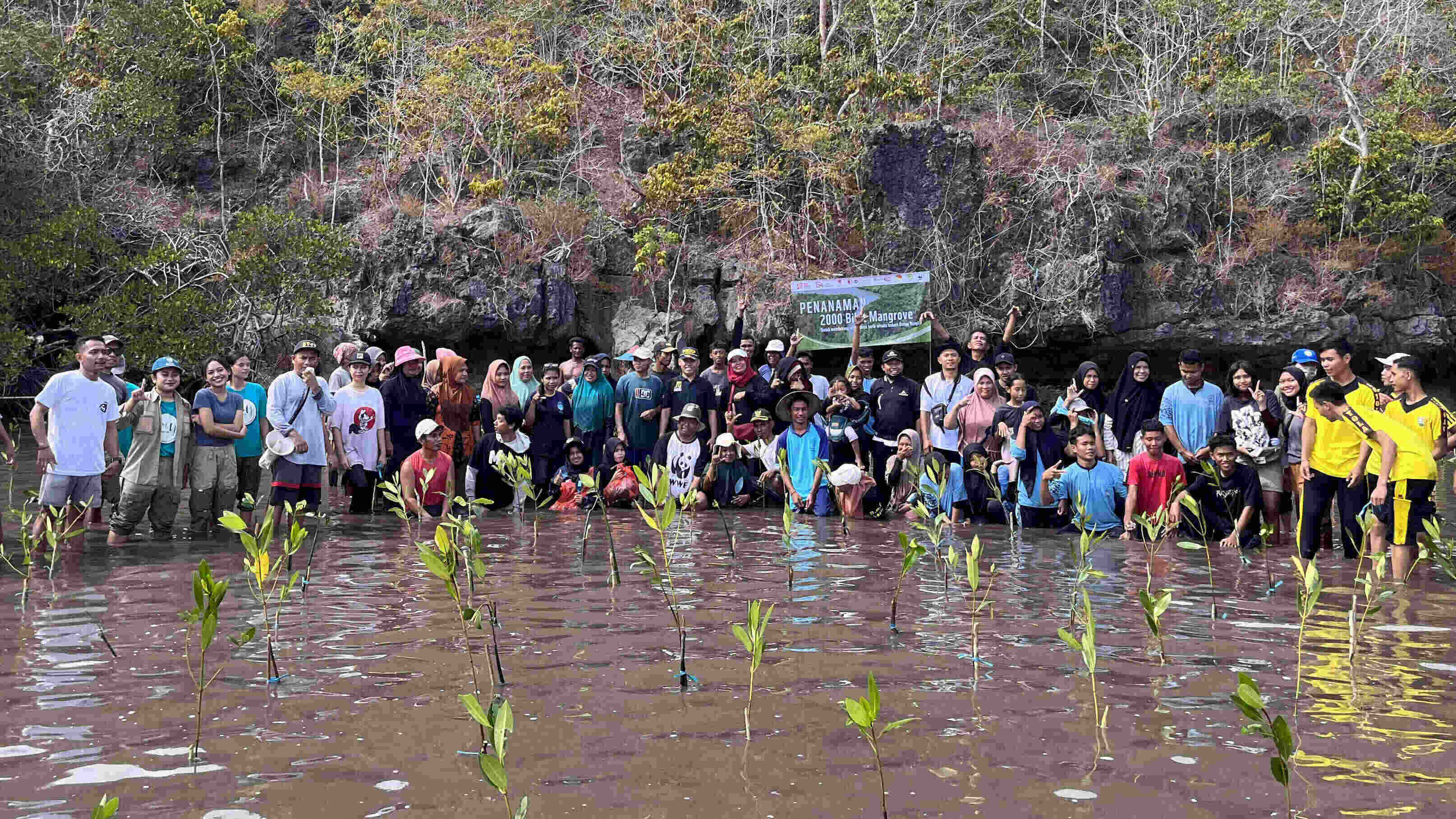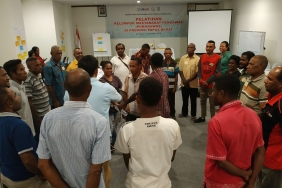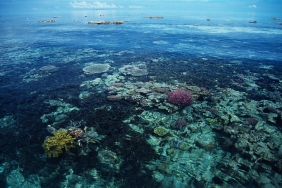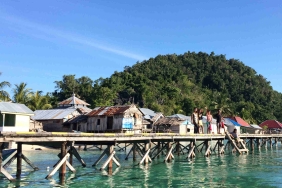1000 MANGROVE: A CONCRETE STEP TO PRESERVE THE ECOSYSTEM
By: Kusnanto
Mangrove planting is a tangible action that is easy to do, but has a significant impact on the preservation and restoration of mangrove ecosystems. This effort can generate great benefits in maintaining the sustainability of coastal ecosystems and help prevent the adverse effects of climate change and other environmental damage.
On Sunday, September 17, 2023, WWF Indonesia Foundation with the support of the Indonesian Capital Market together with stakeholders and the Labuan Bajo community planted 1000 mangrove seedlings at Loh Gadok, Dusun Rangko. A total of 93 participants (46 women and 47 men) from across sectors participated in this mangrove planting activity. Partners who joined this activity included the West Manggarai Regency Environment Office, the West Manggarai Regency Creative Economy and Culture Tourism Office, the East Nusa Tenggara Provincial Marine Fisheries Service Branch Office for East Manggarai, Manggarai, and West Manggarai Regencies, Food Security and Fisheries Office of West Manggarai Regency, Rangko Hamlet Tourism Awareness Group, Tanjung Boleng Village Officials, Fisheries Extension Workers, SMAK Loyola, SMK Stella Maris, SMAN 1 Komodo, elBajo Commodus Polytechnic, Nomad Plastic, True Nature Group, Community Leaders, Women Leaders, Religious Leaders, KSU Sampah Komodo, and WWF Indonesia Foundation.
This series of activities has started from August 2023 through a preliminary survey to check the location according to the characteristics of mangrove planting. Then, the process of socialization and implementation of mangrove planting rehabilitation actions, to monitoring and evaluation carried out by POKDARWIS at the same time as sending guests to Rangko Cave on 14 and 17 September 2023.
The hope is that all levels of society and government can support the management of marine tourism in Rangko Hamlet in a sustainable manner, both from the aspect of mangrove conservation and the 'adventure through the mangrove forest / mangrove strolling tour'. Mangrove walking tours are tourism activities that involve exploration around mangrove forests or forest ecosystems that grow in coastal areas, where mangrove plants grow between land and water. If we want to better understand the biodiversity and function of mangrove ecosystems, doing a mangrove tour is one of the right ways.
In mangrove trekking activities, tourists will be invited to explore nature, get education about the environment, observe flora and fauna, species recognition, and mangrove maintenance or mangrove planting programs.
"This is the first time I have participated in an action that starts from preparation or socialization to the community, then taking action to plant mangroves together. I am sure that this kind of spirit will bring goodness to the environment," said Adi as a representative of the West Manggarai Environment Agency.
"Mangrove planting is a very important effort in environmental conservation and the sustainability of coastal ecosystems. By carrying out this activity in a sustainable manner, we can help overcome environmental degradation and support the balance of marine and terrestrial ecosystems," said Robertus Eddy Surya, as Branch Head of the East Nusa Tenggara Provincial Marine Fisheries Service for East Manggarai, Manggarai, and West Manggarai Regencies.
This mangrove planting effort is one of the ways to strengthen tourism management in Dusun Rangko with the idea of trying mangrove strolling tours. WWF Indonesia Foundation and partners will conduct training on marine tourism guiding skills, provide kayaks, and strengthen institutions for the management of village assets to generate income and benefit the community and the environment.





